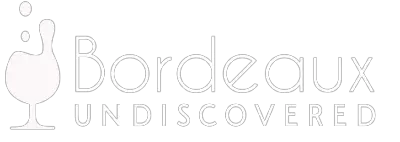Panos Kakaviatos, writing for Decanter.com has said that the CIVB (the Bordeaux Wine Council) and Chinese wine authorities are collaborating to fight wine fraud. Sales to China jumped over the Summer and the booming Chinese mainland is now the largest importer of Bordeaux by volume.
The Independent has reported that the CIVB announced last week that exports rose 34% in value and 23% in volume between July 2010 and June 2011. Interestingly although the boom was driven in part by the great estates, the bulk came from petit chateaux selling wines for less than 4.50 euros . . . which accounted for two-thirds of the gains in volume.
“Mainland China now buys some 10 percent of all exports from the Bordeaux region, estimated Georges Haushalter, president of the CIVB. Bordeaux sales plunged by 700,000 hectolitres during the economic crisis in 2008, with growth beginning to recover in 2010 as sales rose 14 percent in volume, and picking up pace this year.
Non-European Union consumers led the pack, with exports up 39 percent in volume and 52 percent in value.
These markets – chief among them China, Hong Kong, Japan, Britain, the United States, Belgium, Germany and France – are the target of a new business plan launched last year by the Bordeaux Wine Council. Bordeaux has earmarked 3.29 million euros, the largest share of its 17 million euro marketing budget, to woo consumers in the United States, the world’s largest wine market.
As part of the plan, the CIVB has announced the appointment of a new marketing director, Francois Jumeau, who spent the past decade at Coca Cola, then at Brasseries Kronenbourg.”
Ac cording to Decanter the CIVB has been making random visits to Chinese supermarkets and wine shops in order to compile a database of false bottles, which has been passed on to Chinese investigators:
cording to Decanter the CIVB has been making random visits to Chinese supermarkets and wine shops in order to compile a database of false bottles, which has been passed on to Chinese investigators:
“This is so that they can see links between companies that sell those false bottles, and where those bottles may have been produced in China,” said Thomas Jullien of the CIVB.
Apparently it was the Chinese authorities who approached the CIVB for advice on counterfeit bottles as they wish to establish links between importers and producers because they need proof that a product is false.
The CIVB is also planning a series of wine education sessions across China in the next three months to help consumers understand labelling and appellation indications as well as to help protect Chinese consumers and Bordeaux brands.
The CIVB will not release figures on numbers of counterfeit bottles, nor will it indicate which brands are being faked but as an indication of the scale of the problem, US government economists at the Department of Homeland Security estimate that 8% of China’s GDP comes from the sales of counterfeit goods, from wine to designer clothing.

